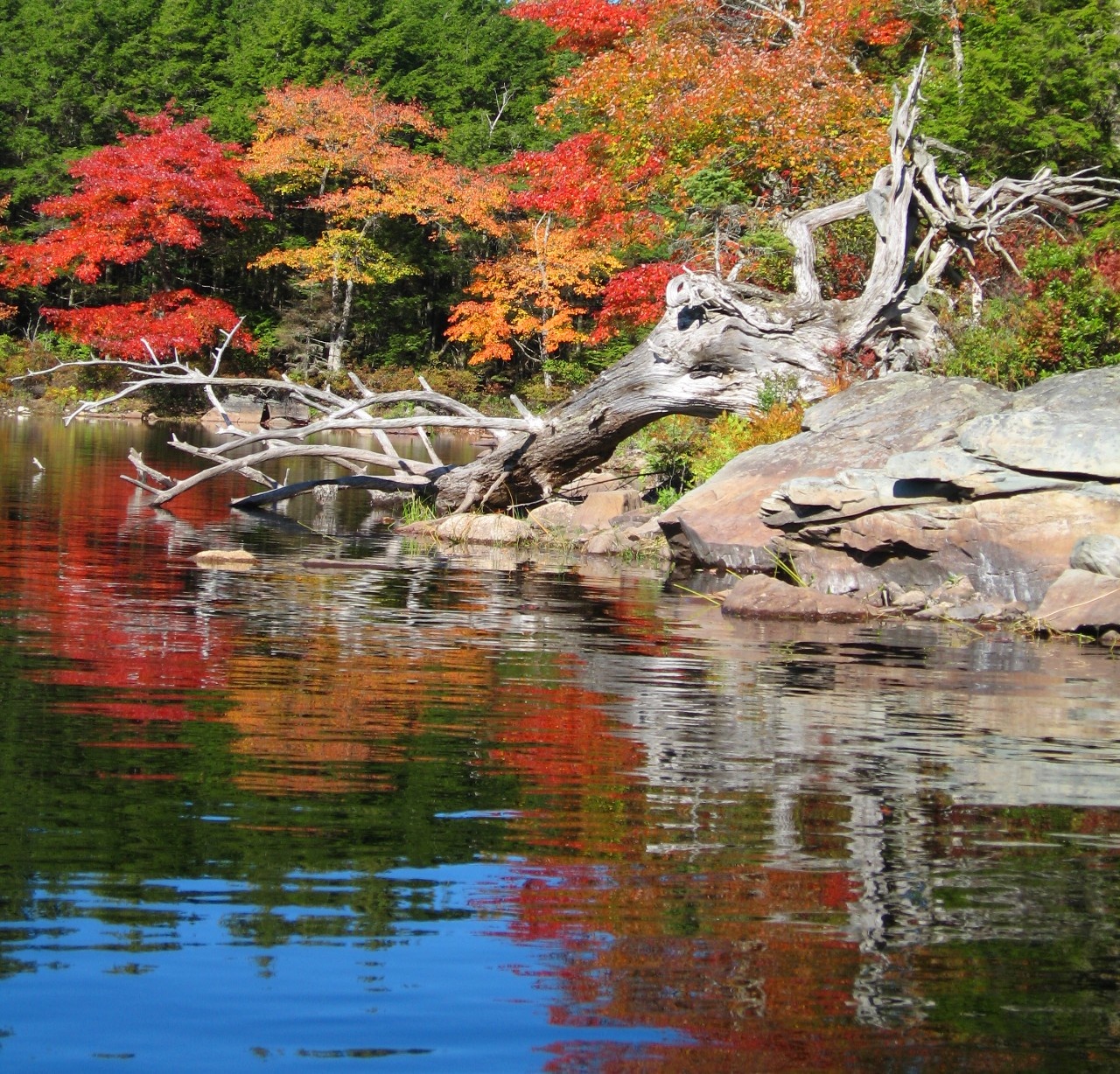Advertised Honours Projects for 2025‑26
Lists of Honours Projects:
1. Project Supervisors: Dr. Ramón Filgueira & Dr. Eric Ignatz
Project Title: Navigating MSX: Assessing parasitic infection in oysters across Maritime provinces
Project Description: We aim to improve our understanding of the relationship between Haplosporidiun nelsoni [causative agent of Multinucleate Sphere Unknown X (MSX) disease] and the eastern oyster (Crassostrea virginica). H. nelsoni can cause significant (>90%) mortality among severely affected oyster populations within months of exposure. With the detection of H. nelsoni in Cape Breton 2002, PEI and New Brunswick in 2024, with further spread possible along the North shore of Nova Scotia, the long-term viability of oyster fishing and farming in the Maritimes is greatly threatened.
To address this, we are looking for a student to help assess non-infected and infected oysters located in PEI and the Bras d’Or Lake from the beginning of May until the end of August 2025. While the position(s) will be based in Halifax, travel will be required to assist in monitoring and sampling oysters monthly. The student(s) will gain valuable experience in tissue sampling, environmental monitoring, molecular lab techniques and data analysis. The ideal candidate(s) will extend this project into their Honour’s thesis by enrolling in BIOL/MARI 4901 & 4902 in the 2025/2026 academic year.
Interested students should email their CV and academic transcripts, along with a short explanation of why they are interested in the position to Ramón Filgueira (ramon.filgueira@dal.ca) and Eric Ignatz (eric.ignatz@dal.ca).
2. Project Supervisors: Dr. Erin Bertrand
Project Title: Examining protein allocation patterns in arctic diatoms
Project Description: Proteins make up a large proportion of biomass in all organisms including phytoplankton. We can examine protein allocation to different core functions (photosynthesis, growth, nutrient acquisition etc) in order to help us understand how phytoplankton respond to their environment. We have the ability to measure these protein allocation patterns in field and in lab cultures, and we require additional information about how phytoplankton, grown in carefully controlled conditions, change how they allocate their protein resources. The successful student will work with the Bertrand Lab to cultivate key arctic phytoplankton strains and investigate how they allocate their protein resources under different conditions.
The student will gain valuable experience in phytoplankton cultivation, protein extractions, and protein expression data analysis. The ideal candidate will extend this project into their Honour’s thesis by enrolling in BIOL/MARI 4901 & 4902 in the 2025/2026 academic year. Interested students should email their CV and academic transcripts, along with a short explanation of why they are interested in the position to Erin Bertrand (erin.bertrand@dal.ca).
3. Project Supervisors: Dr Derek Tittensor & Dr Kristina Boerder
Project title: The impacts of different long-term storage methods on viability of eelgrass seeds
Project description: Eelgrass (Zostera marina) is a vital coastal marine ecosystem along Nova Scotia’s shorelines. It provides essential habitat to a variety of different marine species, protects our coastlines, improves water quality and very efficiently captures and stores carbon. Unfortunately, eelgrass is declining throughout it’s range due to climate change and direct human impacts. Restoration efforts are underway led by the Community Eelgrass Restoration Initiative (CERI, www.eelgrass.ca), based out of the Future of Marine Ecosystems lab in collaboration with the Confederacy of Mainland Mi’kmaq.
One way to restore degraded or lost eelgrass meadows is with the use of eelgrass seeds. However, eelgrass flowers and goes into seed in mid-summer, and the seeds only germinate in the next spring after a cold period. To use seeds in restoration, the seeds need to be stored over the winter. It is yet unknown for Nova Scotian eelgrass populations how this can effectively be done and what impacts different storage methods will have on seed viability.
This project will ideally start beginning of August. In this position, the student will be able to accompany the CERI field teams for fieldwork to harvest seeds and will then work in the Aquatron to explore different methods to keep seeds stored. The candidate will gain insights into experimental design, working with literature, setting up and tending to experiments, analyses methods as well as statistical data analyses. Enrollment in BIOL/MARI 4901 & 4902 in the 2025/2026 academic year will be needed.
Interested students should email their CV and academic transcripts, along with a short explanation of why they are interested in the position to Kristina Boerder (kristina.boerder@dal.ca).
